Plant a tree today

Benefits of planting trees
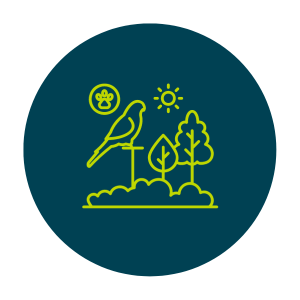
Provide wildlife habitats
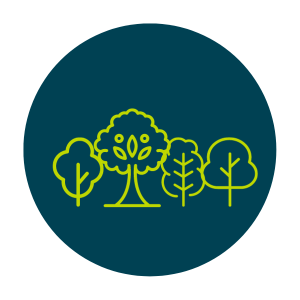
Create pocket forests
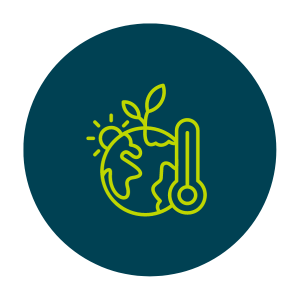
Take positive action on climate change
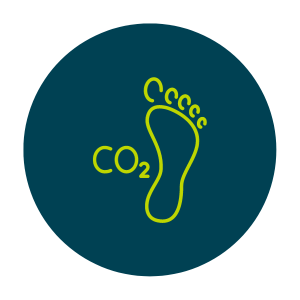
Help compensate some of your environmental footprint

Create a lasting legacy for future generations
No of donations
Raised to date
How it works
When you donate to plant a tree with The Conservation Volunteer’s I Dig Trees programme, our staff and dedicated teams of volunteers and community groups will set about planting your tree this tree planting season. Here’s how it works:
⦁ You donate to plant a tree.
⦁ Our staff, dedicated volunteers or one of our community groups will then go out to plant your tree.
⦁ Your tree is then tended and taken care of to give it the best start in life.
⦁ In years to come, your tree will provide a wildlife habitat, improve a community green space and help clean the air that we breathe.
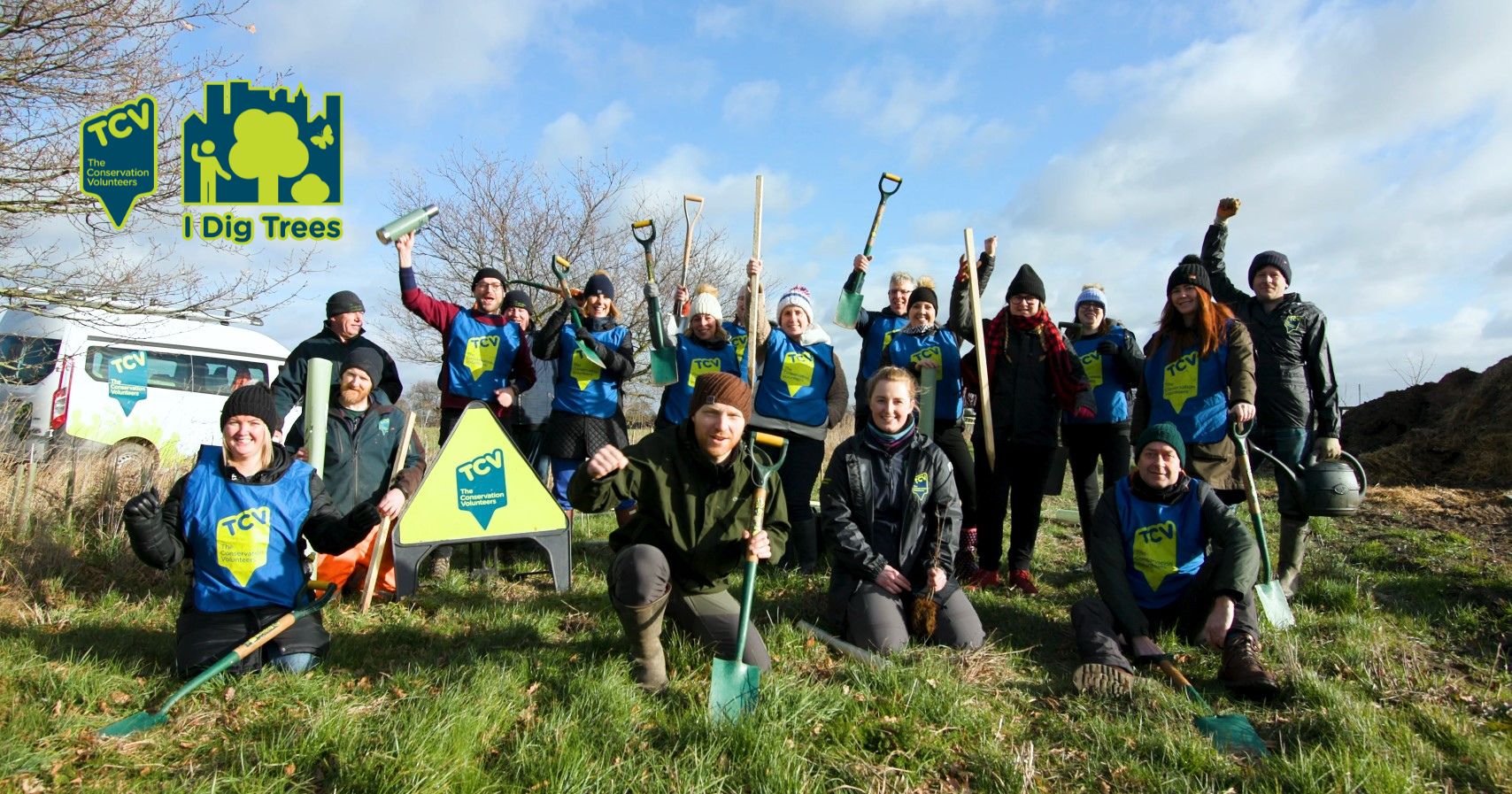
What is I Dig Trees?
Since 2015, The Conservation Volunteer’s I Dig Trees programme has planted over 3 million trees and is the largest community planting project in the UK. As a leading conservation charity, we ensure that all our trees are native UK species and are selected to support and increase biodiversity. Every tree pack we send out to local community groups is sent with planting and aftercare requirements to enable every tree to thrive.
Take a look at where we have already planted trees
Why is planting trees important?
Planting trees is vital for climate, wildlife, and communities.
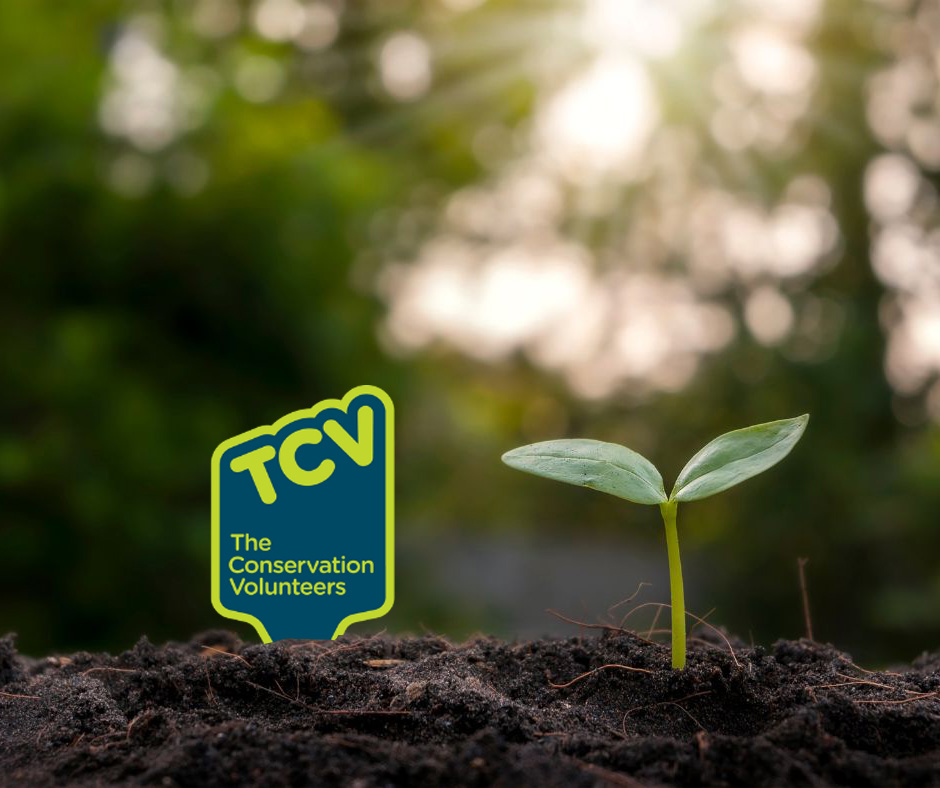
Trees play a crucial role in our fight against climate change, removing harmful emissions from the atmosphere, intercepting rainfall and reducing the risk of flooding.
Since the 1970s, the UK has lost nearly half of its biodiversity. Planting trees helps to support thousands of different wildlife species from multiple levels of the food chain, and creating the habitats needed for biodiversity to return.
Increasing the number of trees in urban green spaces helps to reduce air temperatures in towns and cities and remove pollution from the air, improving the health and wellbeing of local communities.
